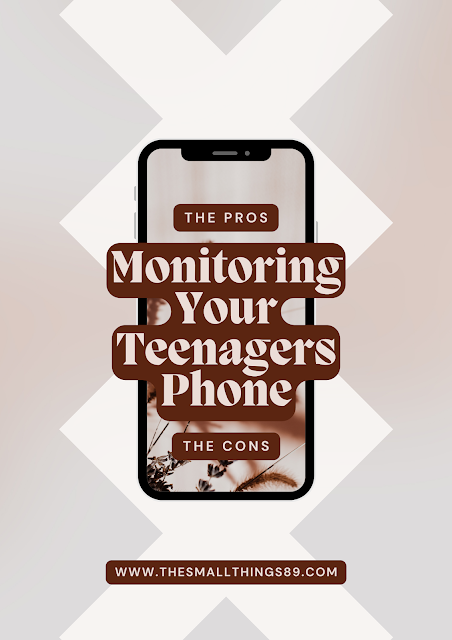In an era of constant connectivity and digital interaction, parents are faced with the challenge of balancing their teenagers' privacy with their concern for their well-being. The debate over checking a teenager's phone has become a sensitive topic, raising questions about trust, boundaries, and safety. In this blog post, we'll delve into the pros and cons of checking on your teenager's phone, while examining the importance of open communication and mutual understanding within the family dynamic.
The Pros of Monitoring
- Ensuring Online Safety: The digital world can expose teenagers to various risks, such as cyberbullying, inappropriate content, or online predators. Monitoring their phone can help protect them from potential harm and educate them about responsible online behavior.
- Identifying Red Flags: Adolescence can be a challenging time, and changes in behavior might indicate emotional struggles or mental health issues. Monitoring their digital activity could potentially help identify signs of distress and prompt important conversations.
- Setting Boundaries: As parents, it's important to guide teenagers toward healthy habits regarding screen time and social media use. Monitoring can aid in setting boundaries that promote a balanced lifestyle.
The Cons of Monitoring
- Privacy Concerns: Teenagers value their privacy and autonomy, and constantly checking their phones might erode trust and hinder their development of a sense of responsibility.
- Respect for Individuality: Adolescents are forming their identities and exploring their interests. Over-monitoring can impede their personal growth and discourage them from developing their own decision-making skills.
- Communication Breakdown: Excessive surveillance can lead to secretive behavior as teenagers may find ways to circumvent monitoring. This can hinder open communication and create an environment of secrecy.
Striking a Balance
- Open Communication: Fostering a relationship built on trust and open communication is crucial. Have a conversation with your teenager about digital safety, the potential risks online, and the reasons behind your concerns.
- Establish Guidelines Together: Instead of unilaterally imposing rules, involve your teenager in creating guidelines for phone usage and online activities. This empowers them to take responsibility for their actions.
- Use Monitoring Apps Wisely: If you decide to use monitoring apps, ensure they respect your teenager's privacy and focus on safety rather than invasive surveillance.
Conclusion
The taboo of checking your teenager's phone is a complex issue that requires careful consideration. Striking a balance between respecting their privacy and ensuring their safety is the key. Open dialogue, trust, and a willingness to understand each other's perspectives are essential in navigating this aspect of parenting in the digital age. Remember, the ultimate goal is to empower your teenager to make informed decisions while feeling supported and protected within the family environment.
I monitor mine. Why? Because I was groomed at a younger age and only when I became an adult, I realized what had happened. I refuse for it to happen to my child. Inform your child that you are only doing this to protect them and give them tips and information on how to look out for red flags.





Add your comment
Thanks for visiting! If you have any questions or concerns, please email me at bbrown@thesmallthings89.com! Comments have to be
approved on this blog due to spammers!
--Bre